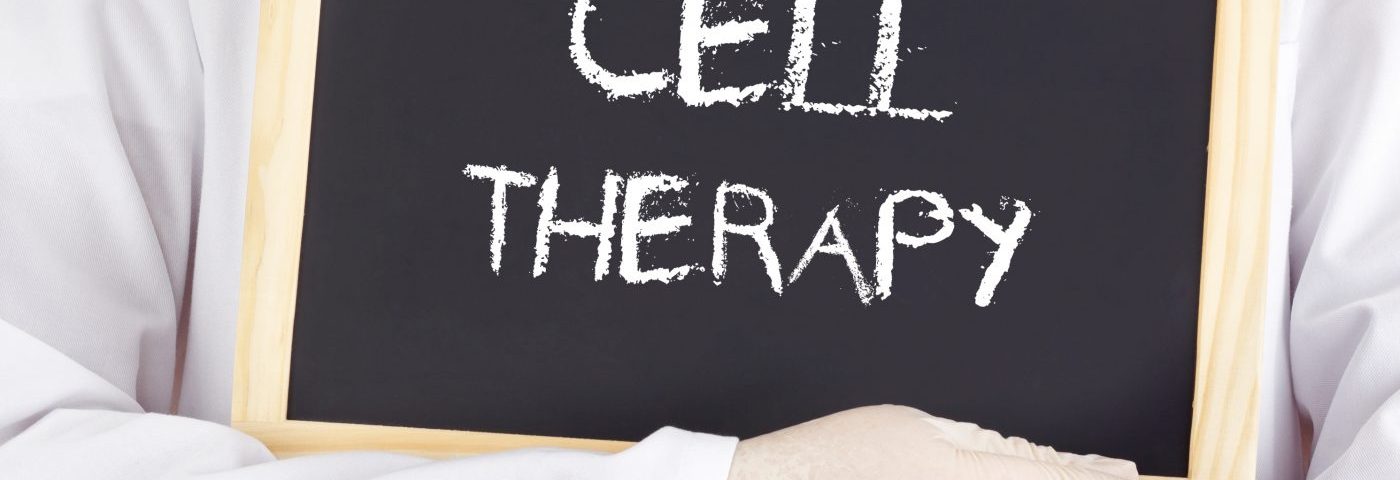A preconditioning chemotherapy regimen given before CD30.CAR-T therapy — a CAR T-cell therapy directed at CD30-positive cancers — seems to improve heavily treated lymphoma patients’ responses to the treatment, a Phase 1/2 trial shows.
The trial, conducted at the University of North Carolina (UNC) Lineberger Comprehensive Cancer Center, treated patients with the chemotherapies bendamustine and fludarabine prior to administering CD30.CAR-T cells.
Seven of 10 heavily treated lymphoma patients had complete tumor clearance, which contrasts with the 30% complete response rate seen in patients who received the CD30.CAR-T therapy alone in a prior Phase 1 trial.
The data were presented at the American Society of Hematology (ASH) 2018 Meeting, in San Diego, California, in an oral presentation titled “Clinical Responses to CAR.CD30-T Cells in Patients with CD30+ Lymphomas Relapsed after Multiple Treatments Including Brentuximab Vedotin.”
While antibodies targeting the CD30 molecule — such as Adcetris (brentuximab vedotin) — have been increasingly used for treating lymphoma, they are associated with some toxicities and have not been strong enough to cure all patients.
This has encouraged researchers to develop immune cells — called CAR T-cells — that recognize this molecule, which could improve the efficacy and specificity of the approach. CAR T-cells are immune T-cells collected from a patient’s own blood that are engineered to produce a chimeric antigen receptor (CAR) targeting a particular cancer molecule — in this case, CD30.
The approach has been deemed safe and effective in relapsed or refractory lymphoma patients whose tumors produce the CD30 factor, leading to complete responses in three of nine patients included in a Phase 1 trial (NCT01316146).
However, multiple studies suggest that CAR T-cell therapies work better when given after a preconditioning chemotherapy regimen, which depletes patients of their white blood cells, creating room for the expansion of the CAR T-cells and reducing the number of immunosuppressive cells that threaten this expansion.
Thus, researchers looked at whether a preconditioning regimen with bendamustine or bendamustine plus fludarabine could improve the response rate among the heavily treated population.
The Phase 1/2 trial (NCT02690545), still enrolling participants, was designed for patients with Hodgkin’s or non-Hodgkin’s lymphoma who have failed at least two prior therapies. It is being conducted in two parts.
First, researchers tested two CD30.CAR-T doses — 100 million or 200 million per square meter — each given to three patients to determine the best dose for further testing. Then, patients received the recommended dose.
As for the preconditioning chemotherapy, the first eight patients received bendamustine alone, while 14 patients were given a combination of bendamustine and fludarabine.
Most patients had Hodgkin’s lymphoma and had received a median of 8.5 prior treatment regimens. All had received the CD30 antibody Adcetris, and most had received immune checkpoint inhibitors. Some patients had also received a stem cell transplant.
Overall, 10 of the 14 patients (71%) given bendamustine and fludarabine saw their tumors disappear, and patients in this group remained alive without signs of recurrence or disease worsening for a median of 13 months.
Among patients given bendamustine, the complete response rate was 37%, but these patients were already responding to their prior treatment.
While the number of CAR T-cells and the robustness of white blood cell depletion were associated with higher levels of CAR T-cells in circulation two weeks after infusion, the team found that patients given bendamustine and fludarabine had the highest number of CAR T-cells.
This likely happened because the addition of fludarabine led to a significant increase in two pro-inflammatory molecules — IL-15 and IL-17 — which are “important for T cell growth and persistence,” researchers said.
“Our results were definitely promising, especially given how many patients in the study had progressed on other treatments,” Natalie Grover, MD, an assistant professor in the UNC School of Medicine Division of Hematology/Oncology, said in a press release. “Hodgkin’s lymphoma is a generally curable disease, but there is a small percentage of patients who have bad disease that doesn’t respond to therapy. From these early results, this could be a promising option for them.”
“The most important findings were that we identified a lymphodepletion regimen that can be used with these specific CAR T-cells, and make a difference in the outcome for these patients without significant toxicities associated with other cellular immunotherapies,” said the study’s senior author, Barbara Savoldo, MD, PhD, assistant director of the UNC Lineberger Immunotherapy Program.


